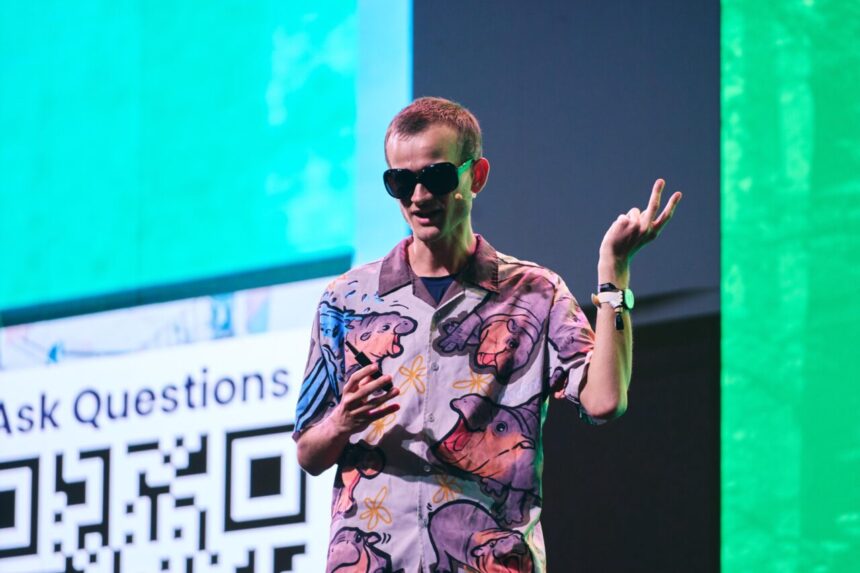In a presentation at Devconnect Buenos Aires, Vitalik Buterin introduced Kohaku, a new set of tools designed to improve data protection on networks. It has built-in mechanisms that allow regulatory compliance without sacrificing anonymity.
Kohaku is developed as an open source initiative and proposes a modular architecture. We make it easy for developers to create wallets with built-in privacy. Their roadmap includes potential enhancements such as mixnet for network layer anonymity and a browser based on zero-knowledge proofs.
These mixnets act as networks that mix and sort transactional traffic, making it impossible to link messages to their origin and enhancing anonymity at the network layer. On the other hand, browsers based on zero-knowledge proofs give you the ability to verify information without revealing sensitive data.
Buterin acknowledged that Ethereum is still far from the desired level of privacy and that a concerted effort is needed to close the gap at this stage.
The repository documentation on GitHub confirms the following: project is in development This includes components such as Railgun and Privacy Pools. These tools are based on a privacy pooling protocol that allows users to secure or unprotect ERC-20 tokens, the most common standard for digital assets on Ethereum.
Regulatory compliance is achieved through “proof of innocence,” a mechanism that uses zero-knowledge proofs known as zk-SNARKsVale (Zero-Knowledge Succinct Non-Interactive Argument of Knowledge).
This advanced encryption technology It will be easier for users to prove the legitimacy of their transactions and the legitimacy of their funds. You can efficiently collect information without revealing sensitive data or movement history.
At the November 16th demo, a wallet based on Kohaku was unveiled. This used a railgun to hide the normally visible background. The long-term intention is to integrate this logic directly into Ethereum-connected wallets (such as MetaMask or Rainbow) so that privacy is enabled by default.
Beyond privacy news, Buterin also used his time in Buenos Aires to put Ethereum’s current moment in perspective. As reported by CriptoNoticias, experts said the network is currently processing 50% more transactions than at the beginning of the year, stressing that this growth is the result of continuous technological improvements such as increasing gas limits and advancing solutions that make block validation more accessible.










